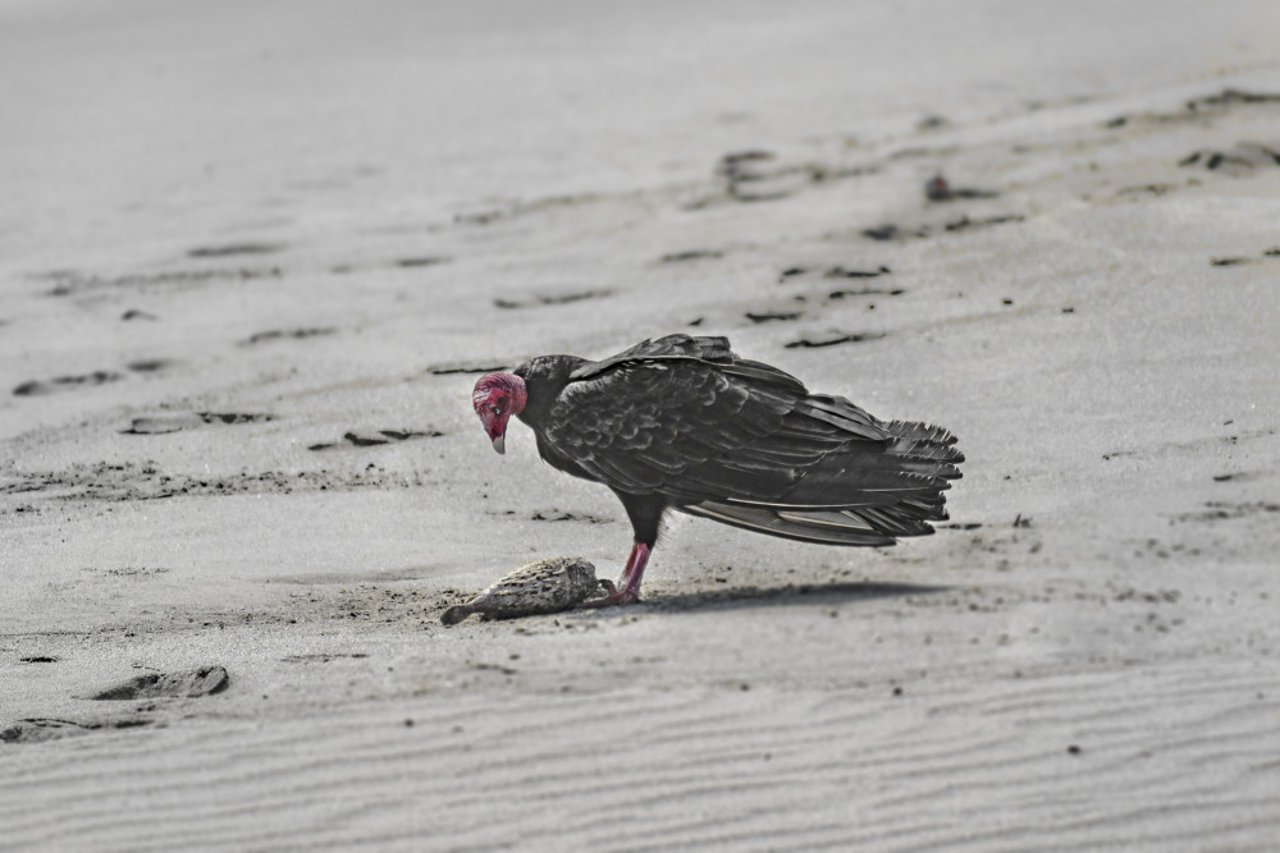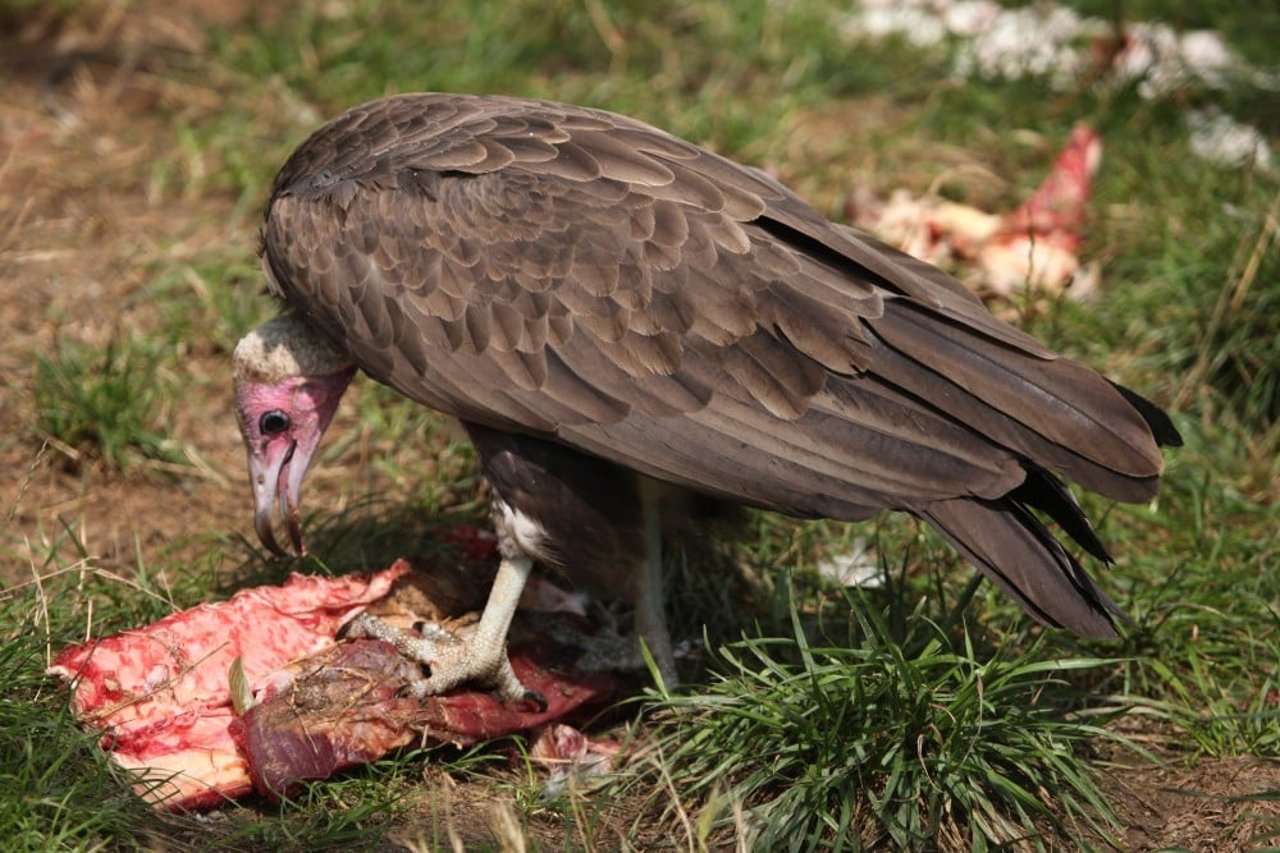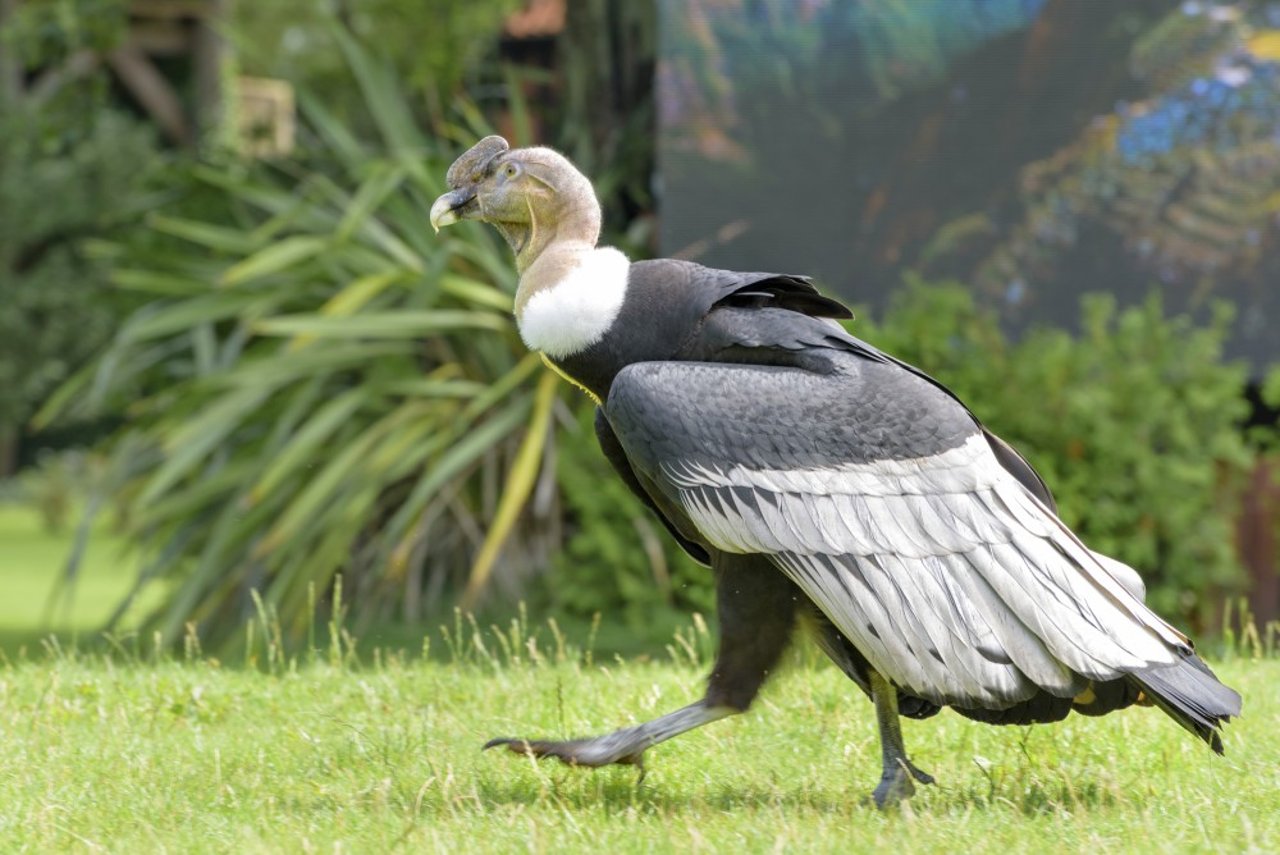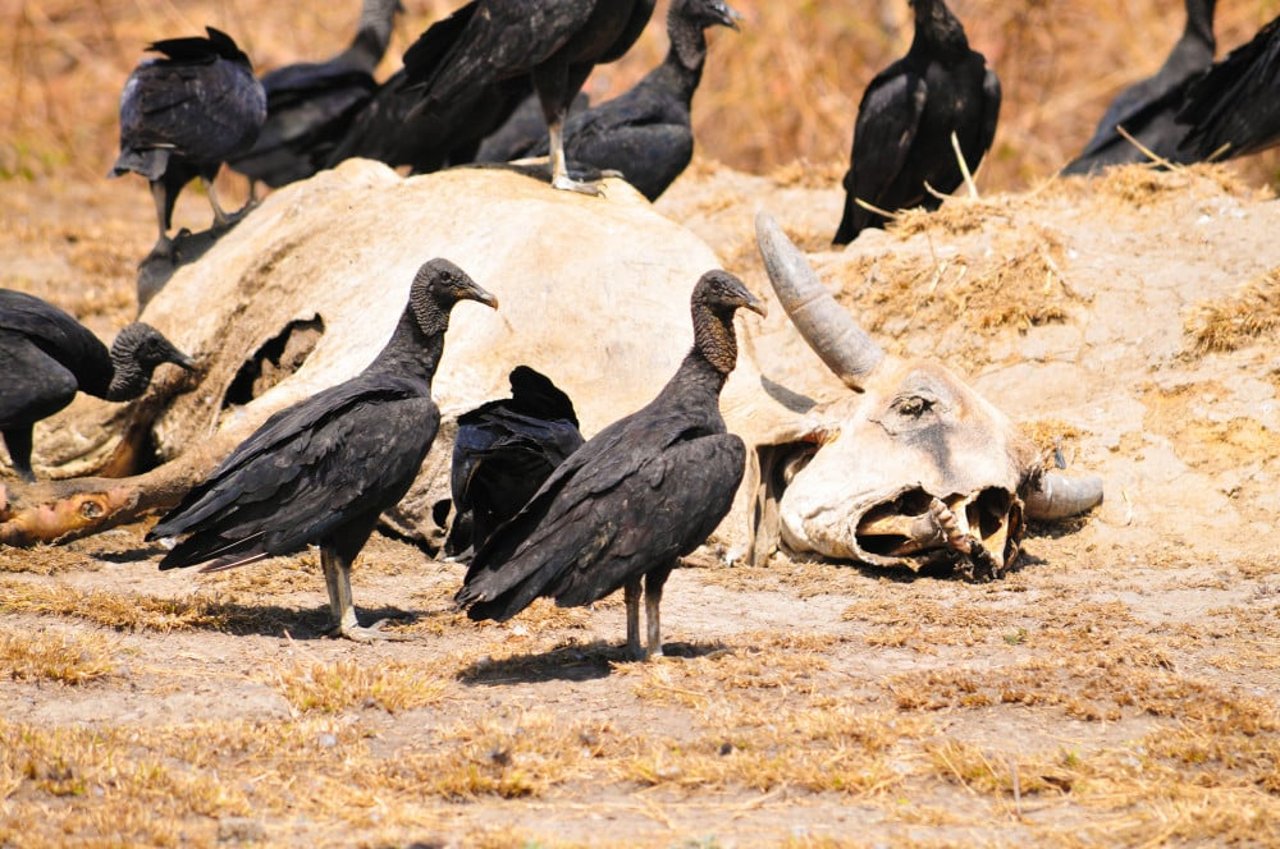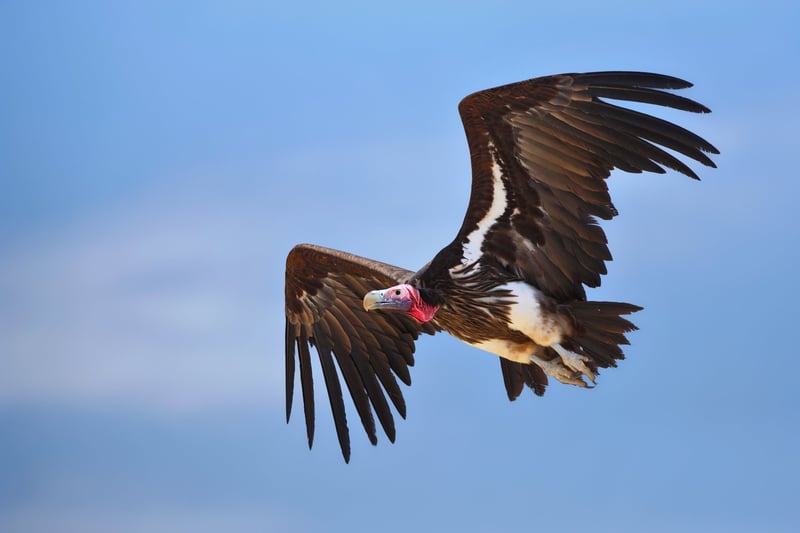
Vultures are highly significant in food webs as they play the key ecological role of consuming the carcasses of dead animals, which prevents the spread of diseases to livestock.
The Biological Waste Controllers
Vultures are biological waste controllers. Without them, the consequences are significant, and we need them more than we recognize their contributions. If they disappear, would anyone miss them? We think they're disgusting for their habit of eating decaying carcasses but look more closely, and vultures have a beauty all their own. The world is better off with vultures, for sure. There is a lot to admire about vultures. Vultures are highly significant in food webs as they play the critical ecological role of consuming the carcasses of dead animals, which prevents the spread of diseases to livestock. Unfortunately, the Vulture populations at national and global scales are declining and are on the threshold of extinction.
The Clean-up Crew
Vultures are sociable creatures and are often seen as a collective unit. They play a vital role in the clean-up of the environments in which they live. Often referred to as ‘Clean-Up Crew,’ their scavenging ways help prevent the spread of diseases, such as rabies and tuberculosis, through clearing away carcasses. Especially following any widespread disasters or epidemic outbreaks, these beautiful beasts play a crucial role in clearing the bodies and maintaining a safe ecological balance.
Endangered due to human impact
Besides Australia and Antarctica, at least one species of vulture can be found on any continent around the world. There are 23 different vulture species altogether, over half of them are considered either Threatened, Endangered, or Critically Endangered as a result of human impact. Besides being electrocuted and poisoned from poached animal carcasses, vultures are also facing issues such as habitat fragmentation and increased human conflict. The Andean condor is the largest of all the vulture species, spreading a wingspan of almost 3.5 meters across, which is the biggest of any bird! Weighing up to 15 kilograms, the Andean condor uses air currents and thermal air currents (depending on their location) to help keep their massive bodies in flight.
What is Urohydrosis?
‘Urohydrosis’ is a process in which an animal urinates on itself to cool down when temperatures reach blistering highs. However, vultures also use this technique to disinfect their legs of bacteria following a feed on a rotten carcass as their urine possesses high levels of acid. Vultures have extremely strong acids inside their stomachs. These acids not alone help the birds to fight and destroy lethal bacteria, but also help to break down the bones of the carcasses that the birds devour, which contribute between 70-90 percent of their overall diet. The stomach acid of vultures is very strong and kills a good deal of the bacteria gobbled up by the birds with the rotting meat. The majority of the food-ingested microbes will not survive these harsh conditions.
The drastic decline in the vulture population
Due to excessive use of an anti-inflammatory drug called diclofenac mostly on cattle has poisoned vultures that dine out on the cattle’s remains. This has resulted in a drastic decline in the vulture population affecting the ecological balance and making us realize the crucial role they have been doing in cleaning up the carcasses. Between 1992 and 2007, the population of oriental white-rumped vultures estimated to have declined by 99.9%. Long-billed vultures and slender-billed vultures suffered a similar fate. In the absence of vultures, there was a build-up of carcasses. These posed a significant risk to human health, as they both harbored deadly diseases like anthrax and contaminated water sources. The decaying cattle remains also resulted in an explosion of the feral dog population, rising from around 20 million to 30 million in the course of a decade. It's been estimated that the ensuing increase in rabies cases cost over 30 billion USD.
International Vulture Awareness Day
As a result of the threats that vultures face, the first Saturday of September is now dedicated to celebrating International Vulture Awareness Day. This helps educate people about the true nature of these vulnerable animals and make people realize the beauty of these beasts. In addition, efforts to preserve these environment-friendly birds need to be encouraged and promoted.
